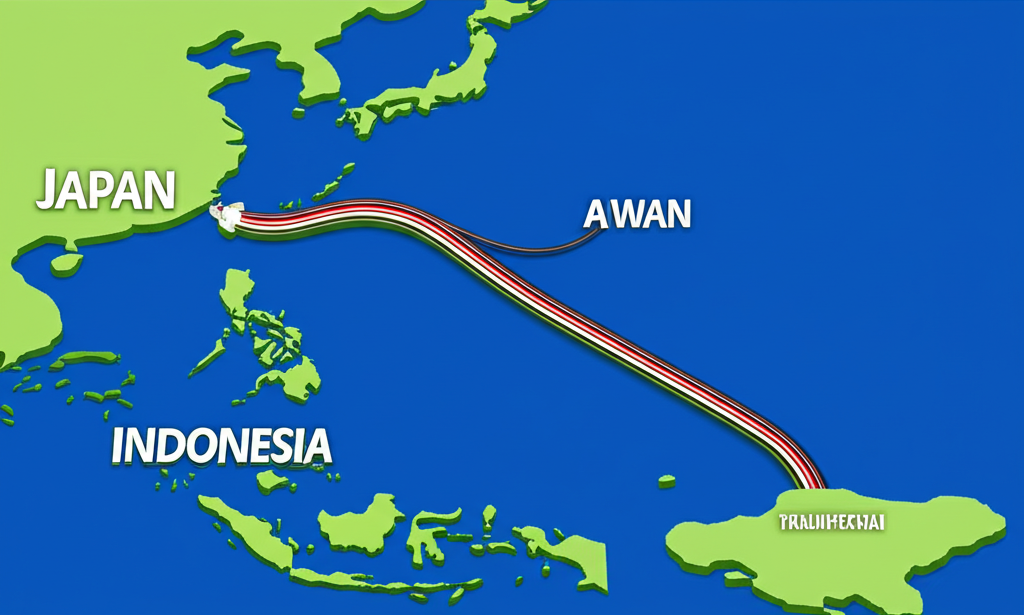
A significant infrastructure collaboration is poised to transform digital connectivity across the Asia-Pacific region, with major industry players uniting to address escalating data demands. Telekom Malaysia has entered a strategic partnership with global technology leaders including Meta, SoftBank, and NEC Corporation to construct the Candle submarine cable system. This ambitious project will establish a critical communications link between ASEAN nations and Japan, representing a substantial advancement in regional digital infrastructure development.
Scheduled for operational launch in 2028, the Candle system spans approximately 8,000 kilometers and incorporates twenty-four fiber pairs. This advanced configuration will connect Japan with multiple Southeast Asian territories including Malaysia, Singapore, Indonesia, the Philippines, and Taiwan. The infrastructure’s sophisticated design positions it among the first in the region to utilize such extensive fiber capacity, directly responding to the exponential growth in data consumption driven by 5G deployment and artificial intelligence applications.
The initiative addresses crucial economic and social requirements for enhanced network reliability and diversity throughout this vital economic corridor. According to Candle Management Committee chairperson Don Pang, this cooperative effort represents a significant commitment to advancing digital inclusion and economic prospects for hundreds of millions throughout the Asia-Pacific. The project’s technological sophistication will provide superior traffic capacity while establishing secure redundant pathways to ensure consistent service delivery.
Telekom Malaysia’s involvement underscores the company’s strategic positioning within the regional digital ecosystem. CEO Amar Huzaimi Md Deris emphasized that participation reinforces TM’s dedication to developing resilient infrastructure that supports hyperscalers, enterprises, and global service providers. This initiative aligns with Malaysia’s broader ambition to establish itself as ASEAN’s primary digital hub by 2030, strengthening international connectivity while supporting the nation’s transformation into a digital economy powerhouse.